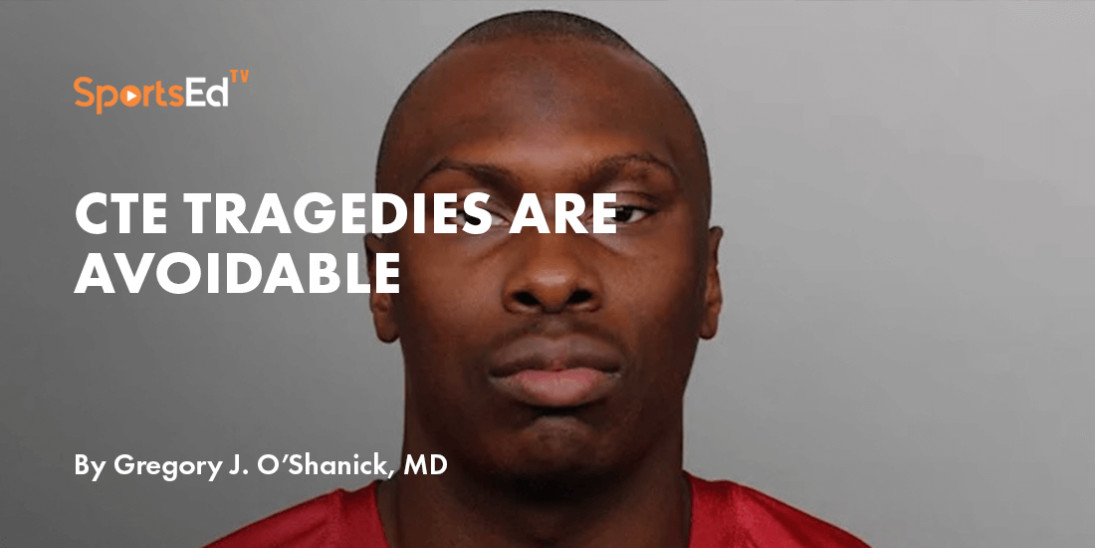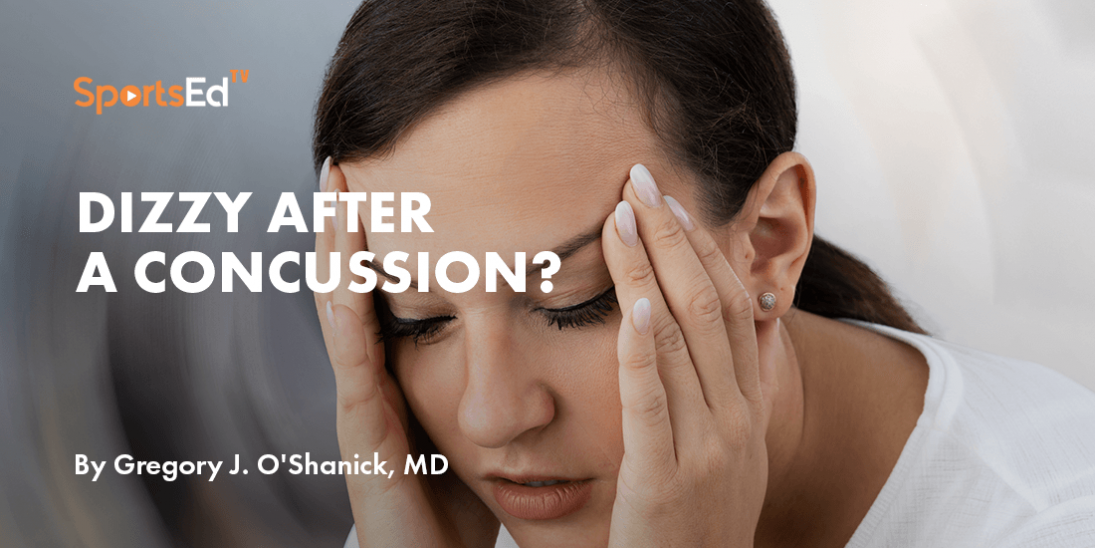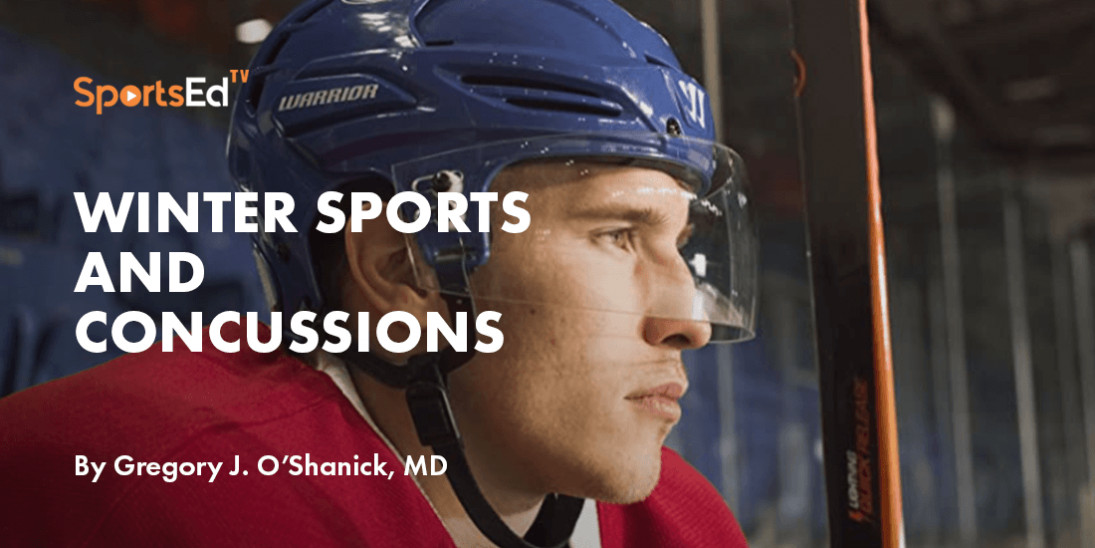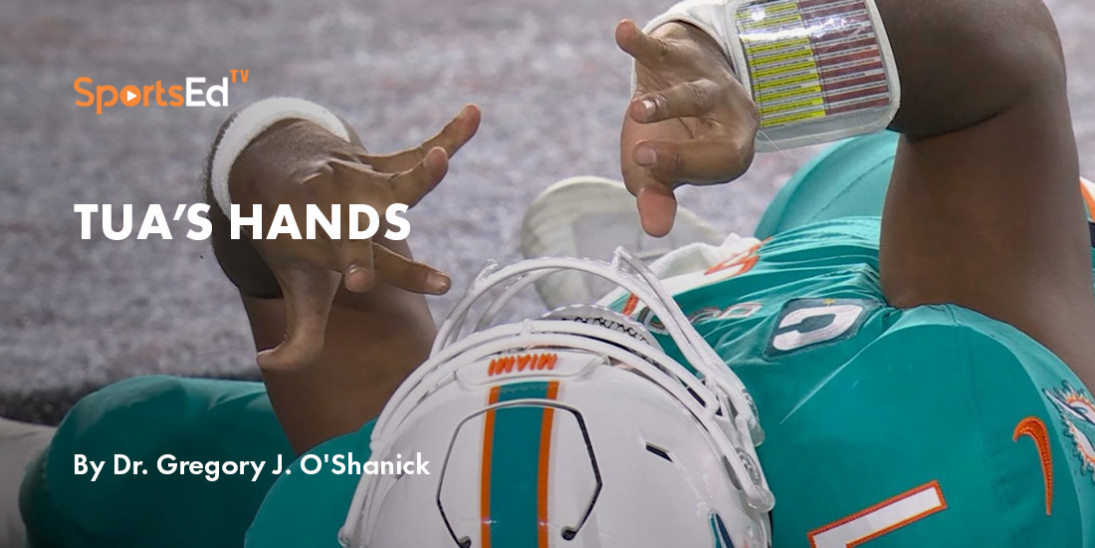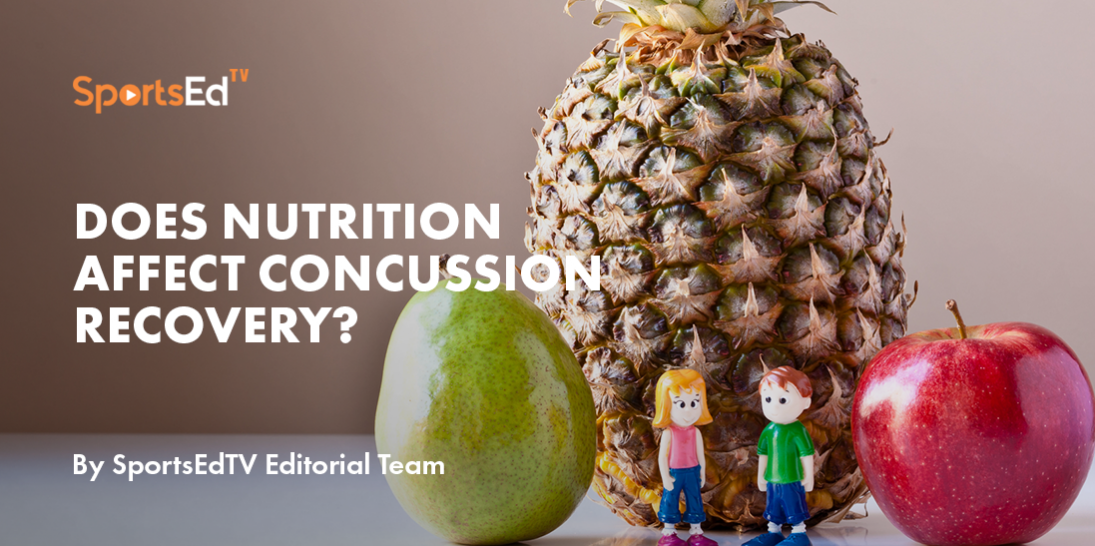Concussion
Welcome and thanks for visiting...

Sports Moms and Dads Should Be Alert to Concussion Signals
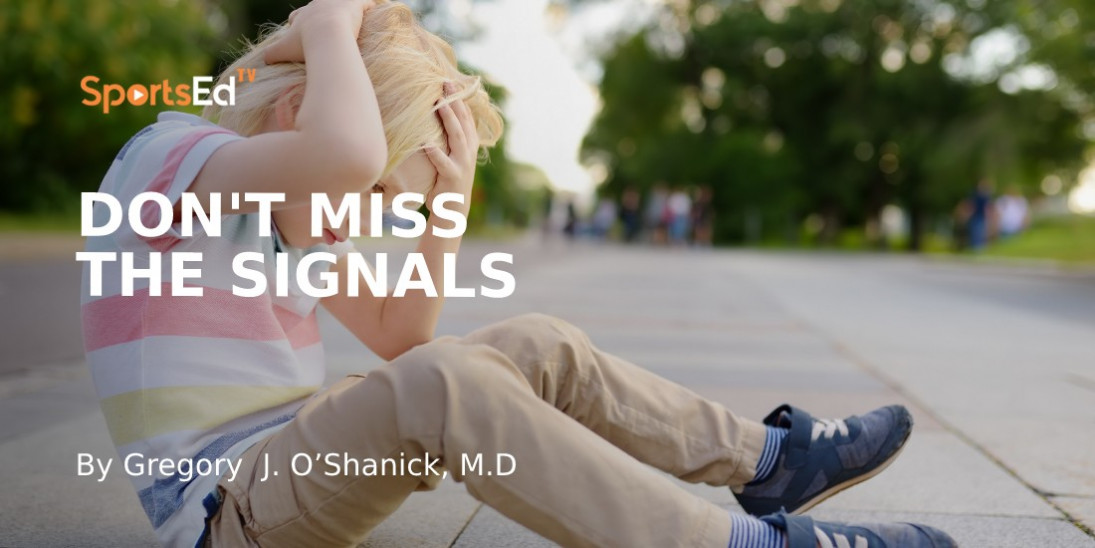
Parents, have you gotten used to watching your child be cooped up and a couch potato due to the Covid-19 pandemic closures?
Have those kids been spending more time on video games and less time on the sports field, jungle gym, or at the park?
As our children are being released to return to a more “normal life” and sports, they are full of pent-up energy and ready to play!
As a medical professional that works with children, adolescents and athletes, I am concerned that as these children run out of our doors and onto the fields and playgrounds they may be putting themselves at a higher risk for activity-related injuries. Specifically, I am concerned about an increased risk of a concussion that they may experience as they return to active living.
Stamina needs to be built and skills need to be relearned to protect their bodies and their brains. And while children and adolescents tend to be more resilient and recover from being physically inactive far better than adults, thoughtful adult oversight, structuring and guidance are critical to prevent impulsive actions that can lead to concussive injuries.
In preparation for these upcoming activities, I would like to arm you with the "red flags" for a concussion to look for if your child or student-athlete is injured.
What is a concussion?
First, a concussion is an injury that comes as a result of physical force against the brain that causes a behavior change. This could be a hit to the head or a "whiplash" type event. A behavior change is characterized as being dazed, disoriented, confused, irritable, dizzy, or fatigued. Such an impact may cause a loss of consciousness, but your child does not need to be “knocked out” for concerns of concussion to arise.
Symptoms of concussion
Symptoms fall into three different categories- physical, cognitive (thinking), and behavioral.
Headache is the most common symptom, but your child may also experience fatigue, light sensitivity, noise sensitivity, blurred vision, nausea, dizziness, or poor sleep. Cognitive symptoms to be aware of include "fogginess", difficulty following along in conversations, inattentiveness, decreased concentration, poor memory, impaired judgment, and slowed processing speed. Behavioral symptoms to keep an eye on include sadness, anxiety, agitation, irritability, aggression, and impulsivity.
In any situation where your child has been injured, it can be tough to think clearly about what the next steps should be. While the above symptoms are commonly seen with a concussion, several "red flag" symptoms can indicate the need for immediate medical attention by calling 911 or taking your child to the emergency department. Making yourself familiar with this list before your child participates in sports or any activity will allow quicker decision-making to occur when time matters the most.
Symptoms that warrant immediate medical attention include worsening or persistent headache, weakness, numbness, sudden clumsiness, repeated nausea or vomiting, slurred speech, appearing very drowsy or being unable to wake your child up, pupils of unequal size, convulsions or seizures, not being able to recognize people or places, increasing agitation or confusion, unusual behavior and loss of consciousness. Being evaluated by a healthcare professional in person can help determine if your child should have a CT scan of his/her head and provide a treatment plan to keep him/her safe to aid in recovery.
Ultimately, we are all excited to watch our kids return to the activities that they have missed over the past year. Through watching a little more closely and being prepared for the “what ifs,” we can help ensure that they will be playing for many years to come!
Best wishes to stay healthy from the team at the Center for Neurorehabilitation Services.

